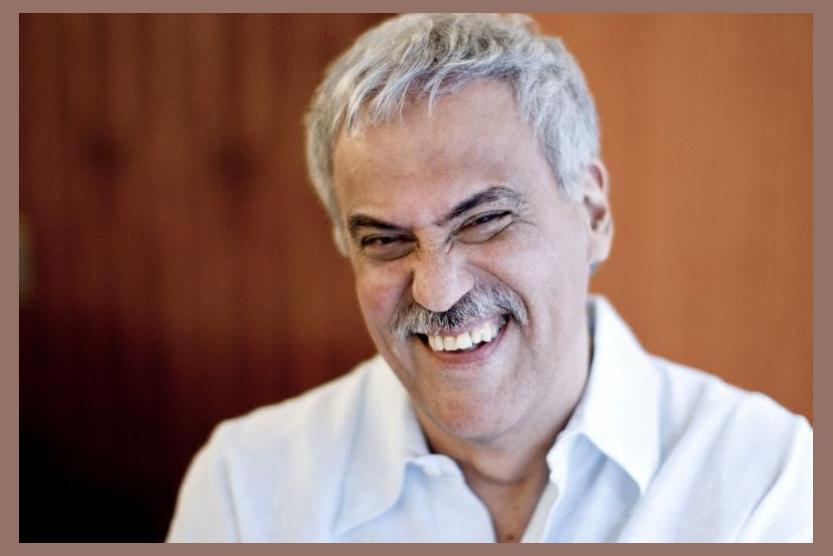 Danilo Caymmi
Danilo Caymmi
Danilo Caymmi: A Musical Odyssey of Light and Shadow
Amidst the vibrant tapestry of Brazilian music, Danilo Caymmi emerged as a luminous star, captivating audiences with his soulful vocals and unforgettable melodies. His journey, however, was not devoid of challenges and controversies that shaped his artistic trajectory.
Early Life and Influences:
Born into a musical dynasty, Danilo Caymmi inherited the musical legacy of his illustrious father, Dorival Caymmi. From an early age, he immersed himself in the rhythms and melodies of samba, bossa nova, and other traditional Brazilian genres.
Rise to Prominence:
In the 1970s, Danilo Caymmi launched his solo career, releasing a series of albums that showcased his distinctive style. His breakthrough came with the release of "O Bem e o Mal" (Good and Evil), a song that captivated listeners with its haunting melody and introspective lyrics.
Controversies and Challenges:
Despite his musical prowess, Danilo Caymmi faced personal and professional setbacks. Struggles with addiction and mental health issues plagued his life, casting a shadow over his career. Additionally, his outspoken nature and critical opinions often drew controversy.
Discography:
Throughout his career, Danilo Caymmi released a prolific body of work that includes several acclaimed albums:
* "Danilo Caymmi" (1974)
* "Eu Tropical" (1976)
* "O Bem e o Mal" (1977)
* "San Salvador" (1987)
* "Gaia" (2000)
Members and Collaborations:
Danilo Caymmi's band featured a talented group of musicians who supported his creative vision. Among its notable members were:
* Helio Delmiro (guitar)
* Jamil Joanes (bass)
* Arismar do Espírito Santo (drums)
* Arismar do Espírito Santo (percussion)
Legacy:
Despite his personal challenges, Danilo Caymmi's music continues to resonate with audiences worldwide. His songs, filled with emotional depth and lyrical brilliance, have become an enduring part of Brazilian popular culture. His artistic journey, marked by both triumph and adversity, serves as a testament to the transformative power of music.
Amidst the vibrant tapestry of Brazilian music, Danilo Caymmi emerged as a luminous star, captivating audiences with his soulful vocals and unforgettable melodies. His journey, however, was not devoid of challenges and controversies that shaped his artistic trajectory.
Early Life and Influences:
Born into a musical dynasty, Danilo Caymmi inherited the musical legacy of his illustrious father, Dorival Caymmi. From an early age, he immersed himself in the rhythms and melodies of samba, bossa nova, and other traditional Brazilian genres.
Rise to Prominence:
In the 1970s, Danilo Caymmi launched his solo career, releasing a series of albums that showcased his distinctive style. His breakthrough came with the release of "O Bem e o Mal" (Good and Evil), a song that captivated listeners with its haunting melody and introspective lyrics.
Controversies and Challenges:
Despite his musical prowess, Danilo Caymmi faced personal and professional setbacks. Struggles with addiction and mental health issues plagued his life, casting a shadow over his career. Additionally, his outspoken nature and critical opinions often drew controversy.
Discography:
Throughout his career, Danilo Caymmi released a prolific body of work that includes several acclaimed albums:
* "Danilo Caymmi" (1974)
* "Eu Tropical" (1976)
* "O Bem e o Mal" (1977)
* "San Salvador" (1987)
* "Gaia" (2000)
Members and Collaborations:
Danilo Caymmi's band featured a talented group of musicians who supported his creative vision. Among its notable members were:
* Helio Delmiro (guitar)
* Jamil Joanes (bass)
* Arismar do Espírito Santo (drums)
* Arismar do Espírito Santo (percussion)
Legacy:
Despite his personal challenges, Danilo Caymmi's music continues to resonate with audiences worldwide. His songs, filled with emotional depth and lyrical brilliance, have become an enduring part of Brazilian popular culture. His artistic journey, marked by both triumph and adversity, serves as a testament to the transformative power of music.